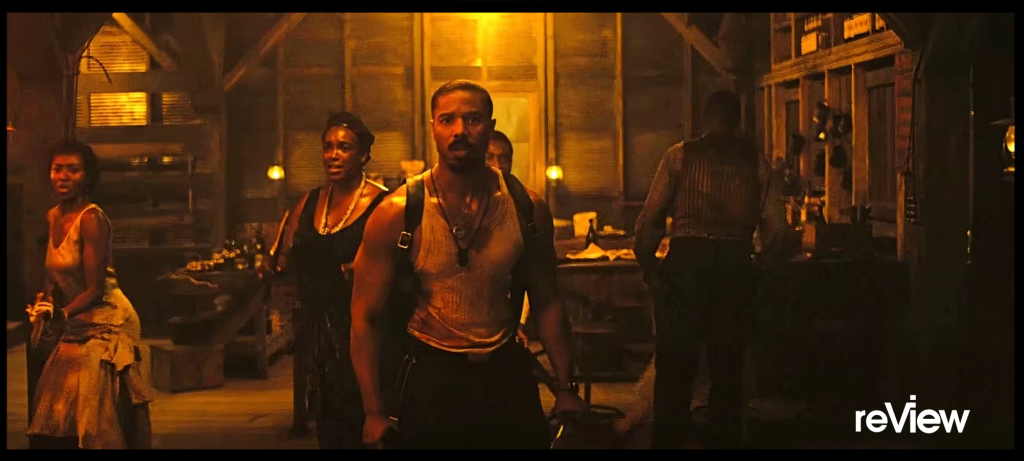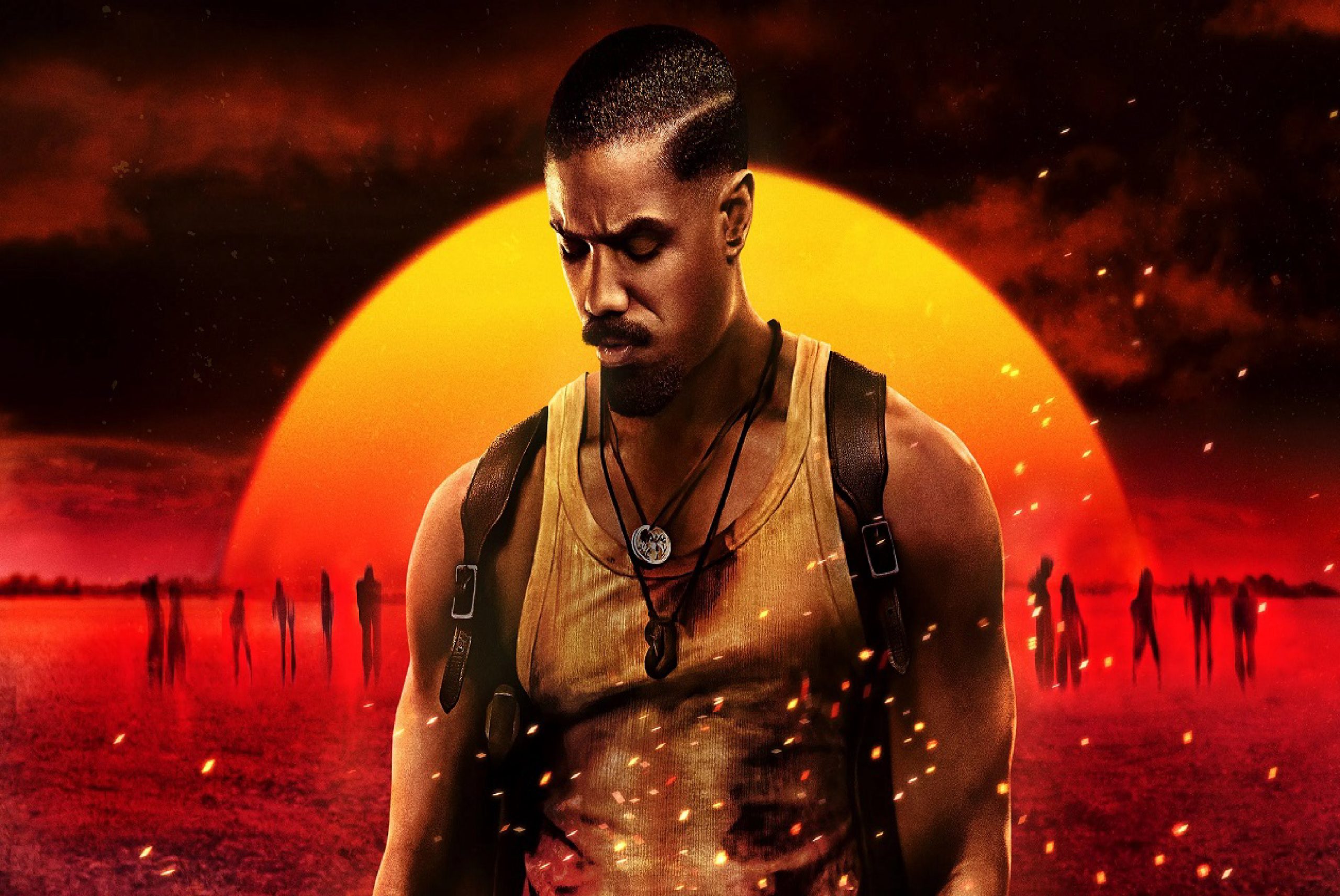
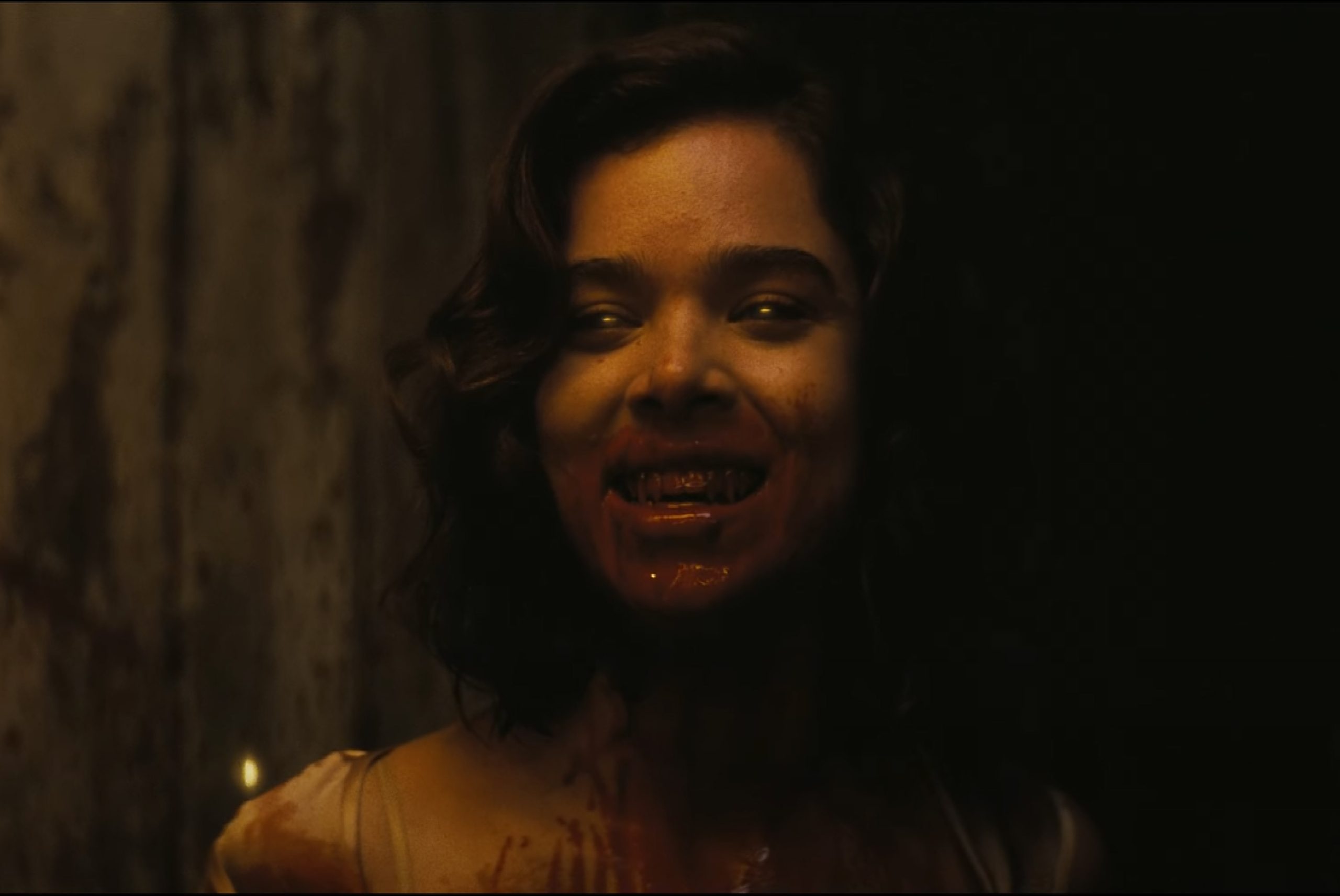
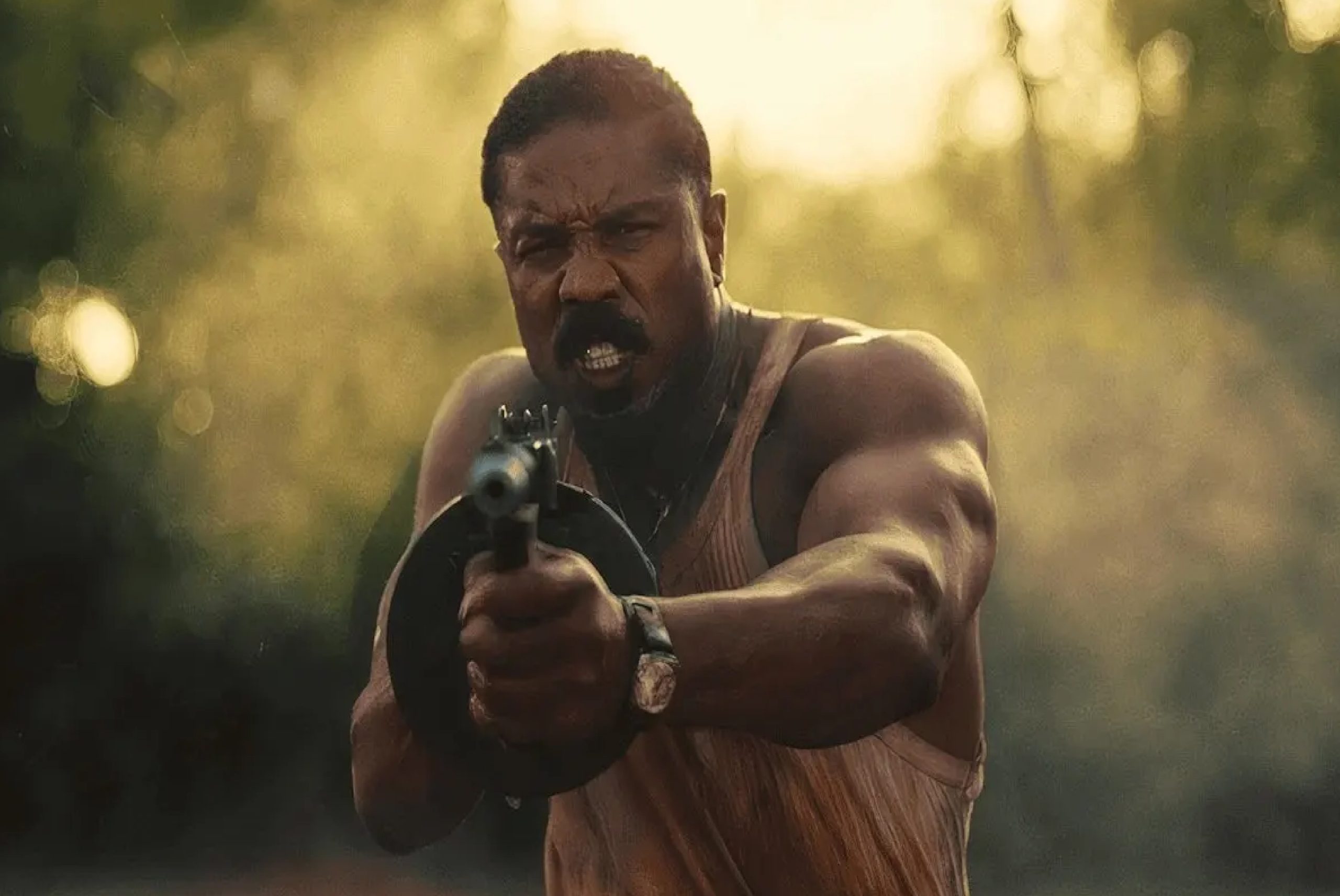
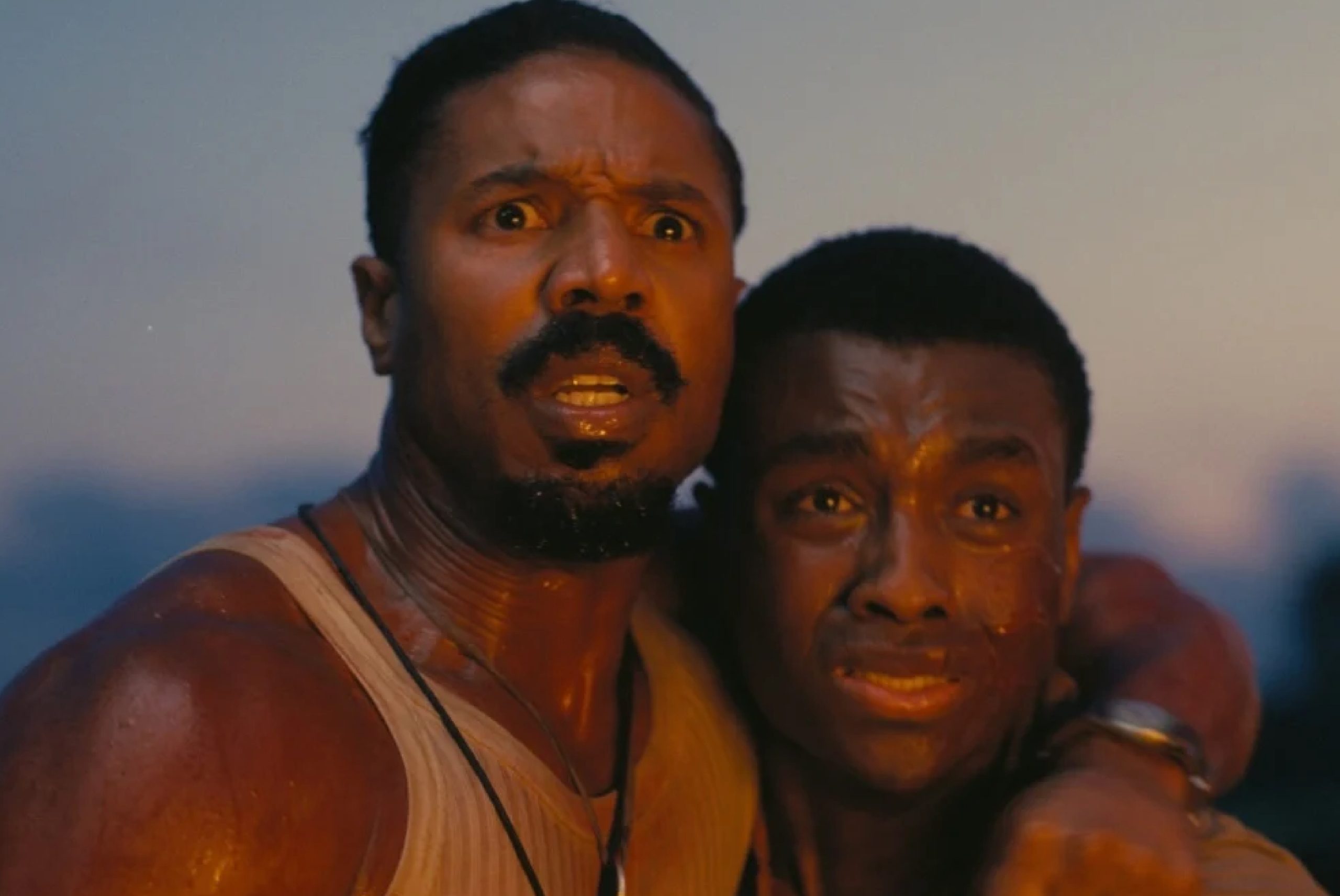
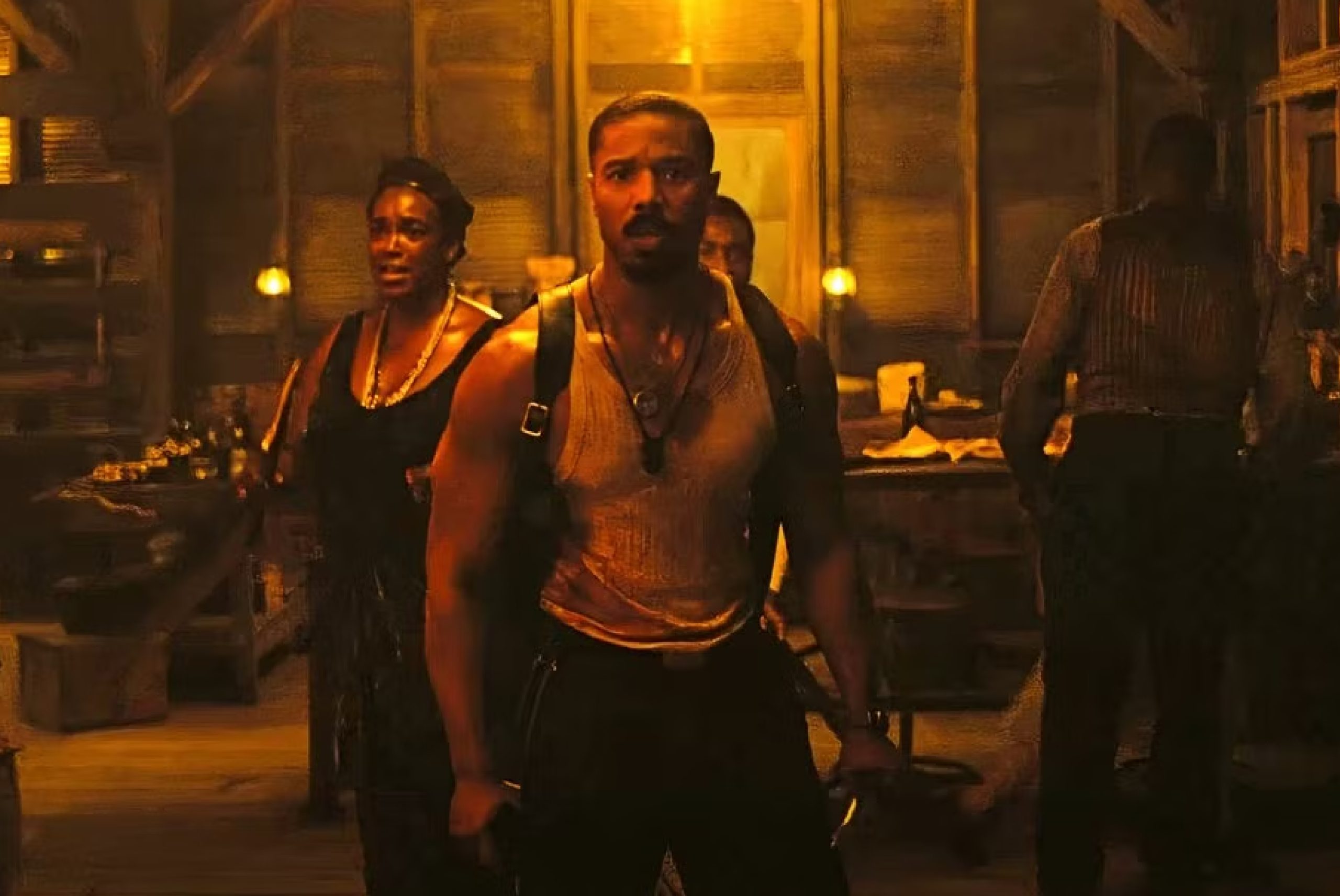
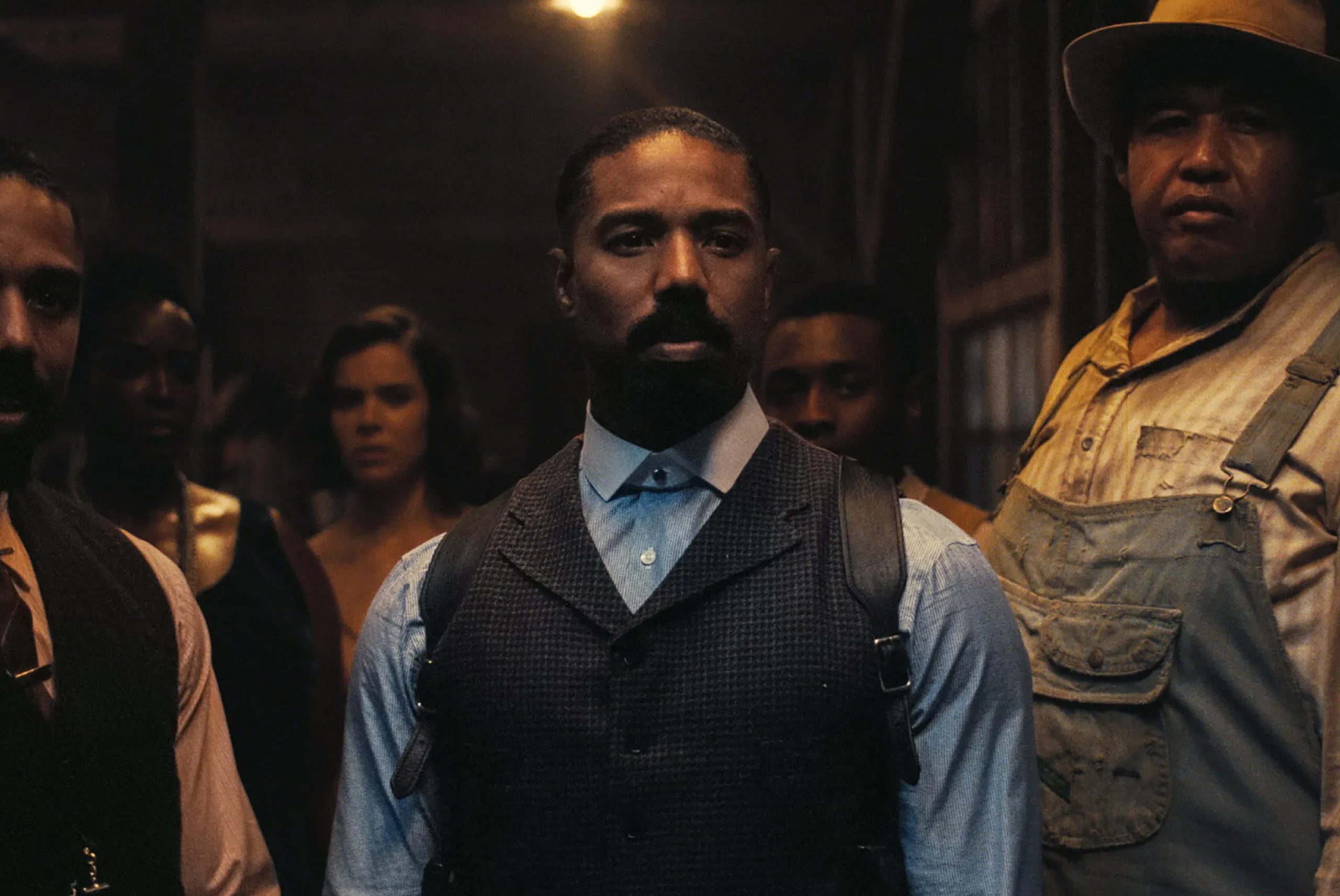
RATING
Director(s): Ryan Coogler
Country: United States
Author: Ryan Coogler
Actor(s): Miles Caton, Saul Williams, Andrene Ward-Hammond
Written by Tom Augustine
Around the time Moonlight won the Oscar in 2017, we saw young black auteurs assume, briefly, the forefront of American cinema in a fashion that burned brightly but flared out briefly. Between Moonlight’s Barry Jenkins, Get Out’s Jordan Peele, Mudbound’s Dee Rees, Lemonade’s Beyonce, Black Panther and Creed’s Ryan Coogler and Sorry To Bother You’s Boots Riley (with ample assistance by the OG himself, Spike Lee in BlackKklansman), the work coming from this substrata of cinema felt defiantly American in a way that flew in the face of the chaos of Trump era 1.0. Each of these artists felt indebted to filmmakers of earlier periods, but all recontextualised and filtered their influences to make them feel fresh, unexpected and urgent. The years since have been mostly brutal to these auteurs — Barry Jenkins traded in a hell of a lot of artistic cred to direct a Lion King live-action sequel; Boots and Rees struggled to get new projects off the ground; Lee directed one of the best films of the 2020s in Da 5 Bloods, only to see it discarded and forgotten in pandemic-era Netflix shenanigans. Coogler, meanwhile, between his Creed and Panther obligations, increasingly felt subsumed by the franchise machines that had claimed him — his Wakanda Forever, already marred by the tragic loss of Chadwick Boseman, suggested a filmmaker adrift, unsure and disconnected from the earnest intensity that had made Creed and the earlier Fruitvale Station so great. Meanwhile, Hollywood mostly took the wrong lessons from this brief period of success — rather than seeking out and investing in exciting new voices exploring bold new cinematic paths (with some notable exceptions, as in the work of RaMell Ross), many more attempted to recreate with diminishing returns the magic of those earlier films, particularly in the subgenre of ‘Social Thrillers’ that Peele’s Get Out helped to forge (interestingly, it is Peele alone who seems to have gone from strength to strength in this era).
Is Sinners set to be Ryan Coogler’s saviour? If we’re talking box office, that’s a resounding maybe. In many ways it’s a parallel of Peele’s recent masterpiece Nope — big, messy, packed to the rafters with ideas, influences and challenges to its audience. It’s big-budget spectacle filtered through a genuine, untethered (and R-rated) artistic vision, and experience tells us that can be a risky affair when considering a modern mainstream audience raised on franchise slop (for my sanity, I’m avoiding thinking too much of the amount of adults who will bypass this in favour of a repeat Minecraft viewing). On a creative level, though, it is a resoundingly successful shot out the park, and it’s a joy to watch a filmmaker get their mojo back in real time. Sinners marks the first time Coogler has worked from an original concept — as opposed to real-life events (Fruitvale Station) and existing IP. What emerges is an artist with far more elasticity and weirdness than recent work suggests, as his horror-thriller-romance-exploitation mashup accumulates influences from Tarantino to John Carpenter to Spike Lee to, amazingly, Jeremy Saulnier’s Green Room, among many others, merging them into something that feels refreshingly new. ‘It’s an overwhelming bric-a-brac of moving parts, remarkable for the way they fit together seemingly in spite of themselves, marking one of the most thrilling viewing experiences of the year so far.
Finally free from the burden of franchise commitments, Ryan Coogler ranges far and wide with this vicious, lurid genre-mashup of the highest calibre, fueled by a virulent, soul-stirring original soundtrack. Boasting exemplary craft on every level, it’s one of the best of the year.
Sinners’ most rewarding aspect is its constant ability to keep its audience on their toes, morphing from one shape to another without warning, and with a hit-to-miss rate that firmly establishes Coogler’s ability at managing tone swings. It’s 1932, Depression-era Mississippi, and locally infamous twins Smoke and Stack (Michael B Jordan) return home from a stint in the criminal underworld of Chicago under Al Capone with wads of cash in their pockets. Where the twins got their money, fancy suits and flash cars is only hinted at, but it’s clear that violence returns home with them as much as it is waiting for them, too, in the form of racist landowners, Klansmen, and deeper, more sinister supernatural presences lurking in the swampy heat. The twins purchase a giant abandoned warehouse, fixing it up over the course of a single day in order to open up a Juke Joint — a proto-nightclub and gambling den designed as a safe meeting space for black patrons — and make a hell of a lot of money in the process. Along the way, the twins rope in their younger cousin “Preacher Boy” Sammy (Miles Caton), a blues prodigy, and older blues musician Delta Slim (Delroy Lindo) to supply the tunes, local grocers the Chows (Li Jun Li and Yao) to pretty up the place, and Smoke’s one-time lover Annie (Wunmi Musaku), a hoodoo practitioner, to manage the bar and food. Also present is Stack’s ex-squeeze Mary (Hailee Steinfeld), reeling from the death of her mother, who shares a steamy longing for Stack that’s barely repressed, pulling her to the juke joint against her better instincts. Lurking nearby, on the outskirts of the action, there’s also Jack O’Connell’s Remmick, an Irish drifter who is a lot more than he seems.
For the unspoiled, I’ll try to keep plot twists to what can be seen in the trailers — suffice to say, the film has a strong supernatural horror bent that unveils itself methodically but purposefully, after a lengthy stretch of set-up that never lags or feels over-indulgent. As with Nope, Coogler has a lot more to chew on here than a simple vampire slasher — though those seeking thrills in that order will be more than satisfied — but Sinners, crucially, never allows itself to be whittled down into one thing, or to be read in only one way. It’s an open-eyed historical thriller, with a strong, unflinching position on the racism of the sharecropper era and the way it reverberates back and forward through history, alongside welcome ruminations on the importance of, and violation towards, black spaces. Coogler also has space to meditate on religion, sexuality, spirituality, immigrant communities, and many other ideas swirling in the mix. It is also a musical roadshow of sorts, with an amorphous score from Ludwig Göransson melding with various original compositions, classic folk songs and blues jams of the era. As with the rest of the film, Göransson’s score refuses to be pinned down, zigzagging from bluesy noodling to full on heavy metal stylings as the film ratchets up toward its bloody climax. The musical performances from the cast are equally thrilling, from Lindo’s piano-playing boozehound to O’Connell’s Irish trio of banjo strumming ghouls. In what will surely be the most instantly iconic sequence of the film, Caton’s Sammie, whose music channels the spirits of past and future both angelic and demonic, conjures ghosts of various eras into the juke joint, a dizzying and deeply moving sequence that rockets Sinners into transcendence. It’s the strongest original soundtrack since Inside Llewyn Davis, another great historical film that used music in canny and profound ways to further its ideas.
There are surprises galore in Sinners, and it’s best to go in with as little information as possible to experience them raw — though having seen it I’m already champing at the bit to bear witness once again. The energy that reverberates from the frame is positively addictive — sweaty, seductive, terrifying and strange. Coogler’s film is gloriously, purposefully packed — each character arrives fully formed, the crackling dialogue pairing with superlative performances from every member of the cast to ensure even the smallest characters feel fully formed. Anchoring and guiding the procession is Jordan, Coogler’s long-time collaborator, who turns in dual performances of compelling soulfulness and swagger. There’s a deep love and dependency shared by the two, defined by the fact that they survived the first World War together, resulting in Smoke’s long-term trauma response of shaky hands. Stack rolls his cigarettes, passing them to him as they go about their business. It’s small gestures like this that demonstrate the care and depth of feeling Coogler layers into Sinners — later, this minor character element returns in a moment of quiet devastation. The cast is uniformly great — Lindo, so great in Da 5 Bloods, is sturdily dependable as comic relief; Steinfeld, blessedly back in good movies again, is sultry and unknowable as Stack’s secretive moll; Mosaku, as the only member of the party with a clue, is an essential humanist element; O’Connell is terrifying and magnetic, his monstrousness suggested only in subtle, classical hints, like a red gleam in the eye. Caton’s Sammie, essentially a third lead, grounds the film, and serves as the audience’s double without being a blank slate — there’s a fascinating arc there, with his temptation into ‘sin’ as narrowly defined by his preacher father (Saul Williams!) subverted and called into question at a constant clip.
It’s a lot to balance on a delicate tightrope, and Sinners is not without its wobbles — but with Coogler so engaged, throwing so much at the screen, such wobbles largely become an asset to the bigger picture. This is blockbuster entertainment that feels anti-focus group, without too much sanding down of the rough edges. That’s a good thing. Sinners is one from the heart, something that couldn’t be spat out by an AI, so richly divulged from an artist’s soul as it is, while still providing ample pleasures for an enormous audience. No other film this year has left me walking out of the cinema so pumped, fizzing at all the ideas, the big swings, the bizarre asides, the thrilling spectacle of a near-perfect narrative dismount in the film’s poetic denouement. As I write this, I’m thinking of when I’ll get a chance to go and see it again — in IMAX, naturally, the better to soak up the enormous, intoxicating imagery — hopefully that time comes very soon.
Sinners is in cinemas now.

